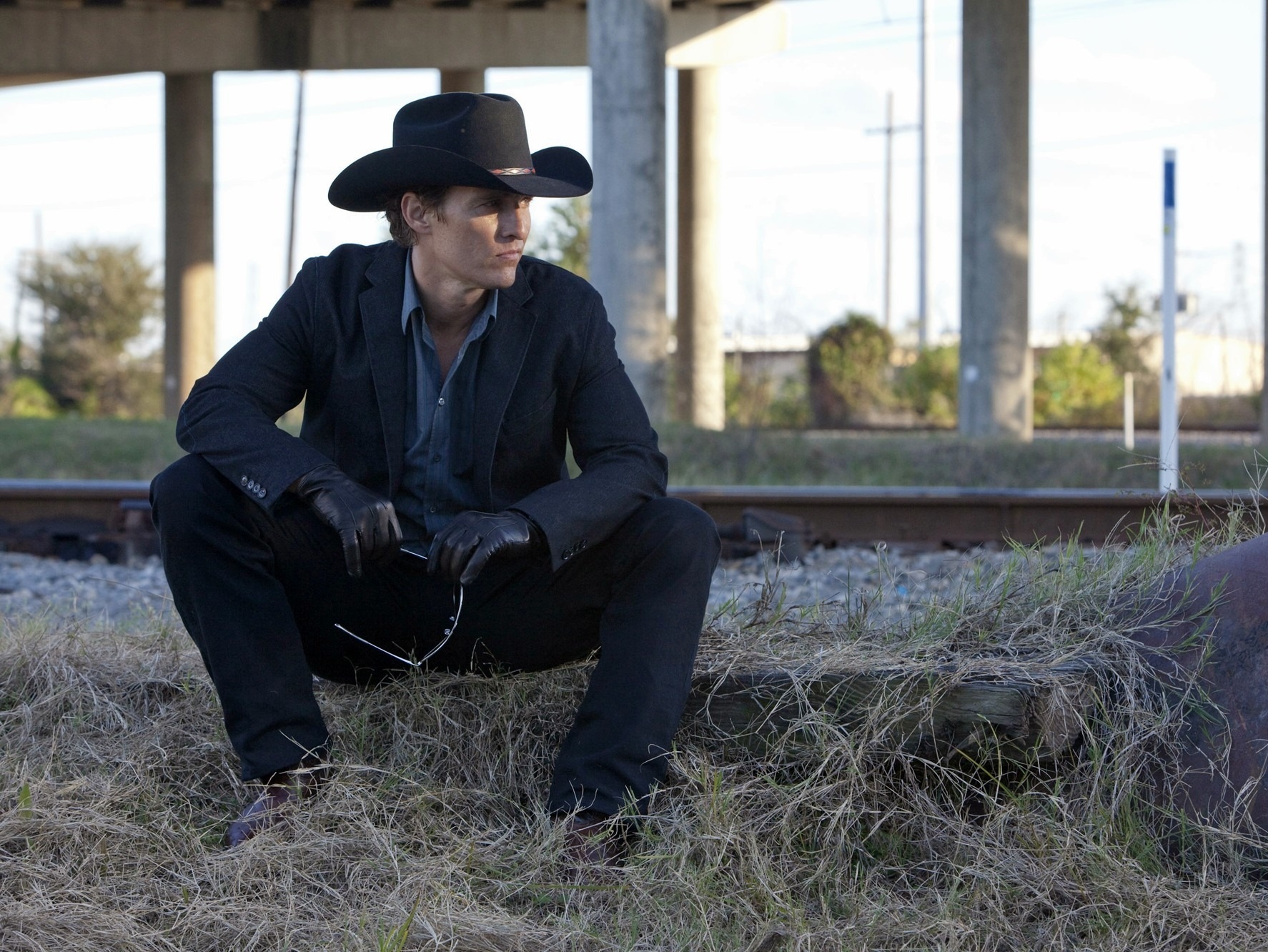“Killer” Joe is a difficult film to recommend to most movie goers. The movie features extremely graphic scenes of nudity and death, so those who are weary of such elements should not see this film under any circumstances. In other words, its NC-17 rating was well-deserved.
For those who are willing to give it a try and look past such elements, “Killer Joe” is a heck of a movie and features one of the best performances of Matthew McConaughey’s career.
McConaughey plays the title character, a cruel police officer who serves as a hit man while off duty. He’s hired by Chris (Emile Hirsch) and Ansel Smith (Thomas Haden Church) to kill one of their relatives so they can collect the insurance money. The target Joe aims to eliminate is Chris’ mother and Ansel’s ex-wife, whose personality is only hinted at throughout the film.
Blood might be important to this family, but money is more so.
Unable to come up with the cash to order the hit, Chris and Ansel let the psychotic Joe keep the innocently naïve Dottie (Juno Temple) – Chris’ sister and Ansel’s daughter – as a retainer under the money comes through. Of course, their plan goes awry leaving one undeniably dysfunctional family with a candid killer – whose appetite for murder knows few bounds- in their living room keeping company with the fragile Dottie.
McConaughey delivers a performance worthy of an Oscar nomination. Like usual, his affability and charisma are on display but this time, such traits are mixed in with his darker qualities, like the ability to steer a conversation any way he chooses and the power to petrify people minutes after they’ve met him.
Joe has a predilection for chaos.
The devil is alive and well in this movie and he arrives with a Texas drawl and a cocksure smile.
Director William Friedkin, whose previous work includes “The French Connection” (1971), “The Exorcist” (1973) and “Blue Chips” (1994), proves that he has lost few of his abilities as a filmmaker. The choice of shots and camera techniques show Friedkin’s sure-handed direction at work. There is one spectacularly great sequence near the end where a friendly dinnertime conversation takes on a sinister tone as the camera slowly moves in on one of the characters whose motivations are being questioned. It’s a scene that could have been played as it was on paper but Friedkin intensifies it making it even more terrifying than it would have been otherwise.
Admittedly, the film itself features some cruel and repulsive scenes that could provide nightmares for sensitive viewers. I would not recommend this movie for anyone under 25 or over 50 unless those viewers are more inclined to view the film as a piece of art rather than an over-the-top fantasy. A film like this doesn’t hesitate when crossing the line of depravity but to its credit, such scenes are not simply there to draw attention to the movie. They are done to accurately show the family and the hit man as corrupt and sickening as they really are.
“Nothing’s worse than regrets,” Chris notes towards the end of the movie–clearly unaware of how his story will unfold. “Joe” isn’t for everyone, and if you’re hesitant about seeing it, you should probably steer clear. For film lovers, though, “Joe” is an intriguing cinematic creation that is not to be missed.

COMMENTS
Please let us know if you're having issues with commenting.